One of the biggest lessons I've learned—both in my own life and with clients—is the importance of embracing discomfort. While it might feel uncomfortable, it's often the key to unlocking our potential.
what does discomfort really mean?
Discomfort can show up in many ways: maybe it’s the butterflies in your stomach before a big presentation, the apprehension before having a difficult conversation, or the fear that comes with trying something new. While it can be tempting to avoid these feelings, it's crucial to remember that discomfort is a natural part of living.
the trap of comfort.
Let’s face it, we often crave comfort. Whether it’s cozy nights on the couch or keeping to the same routine, it feels safe. But here’s the kicker: staying in that comfortable bubble can lead to stagnation. When we avoid challenges, we miss out on experiences that can help us grow.
why discomfort matters.
building resilience. When we face uncomfortable situations, we learn to bounce back. Each challenge helps us develop coping skills that prepare us for future hurdles.
finding clarity. Getting uncomfortable can force us to confront our fears and uncertainties. This process often leads to insights about what we truly want and value in life.
encouraging change. Discomfort pushes us to make changes—whether it's switching careers, ending toxic relationships, or pursuing a passion project. It can be the nudge we need to take action.
improving relationships. Having tough conversations can feel awkward, but they’re essential for deeper connections. Addressing issues head-on strengthens bonds and builds trust.
how to embrace discomfort.
Shift Your Thinking: Instead of dreading discomfort, try to see it as a chance for growth. Each time you step outside your comfort zone, you’re learning and evolving.
Start Small: Tackle small discomforts first. Speak up in a meeting, try a new hobby, or strike up a conversation with a stranger. These small steps can build your confidence over time.
be kind to yourself. It's okay to feel overwhelmed. Acknowledge your feelings and remind yourself that it’s part of the process. Treat yourself with the same compassion you’d offer a friend.
find your tribe. Surround yourself with people who inspire you to grow. A supportive community can make facing discomfort feel less daunting.
reflect on your journey. After facing a discomfort, take a moment to think about what you learned. How did it feel? What did you discover about yourself? This reflection can be incredibly valuable.
Embracing discomfort doesn’t mean you have to seek out pain for the sake of growth. Instead, it’s about recognizing discomfort as an essential part of your journey. Growth often happens when we step into the unknown. So, the next time you feel that uncomfortable twinge, ask yourself: “What can I learn from this situation?” Your best self is right outside your comfort zone, waiting for you to take that leap. Are you ready? Let’s embrace the discomfort together!

